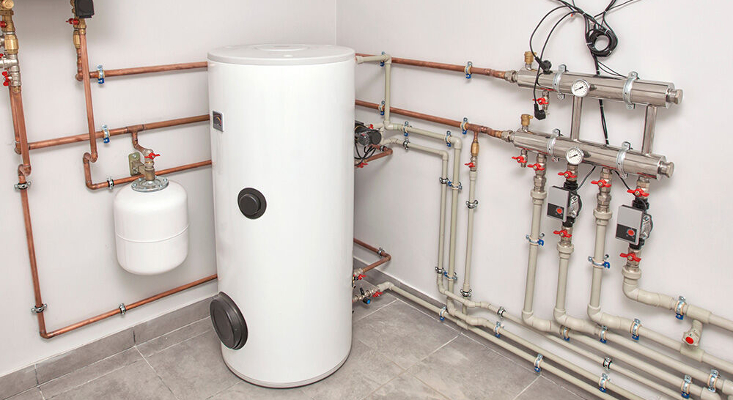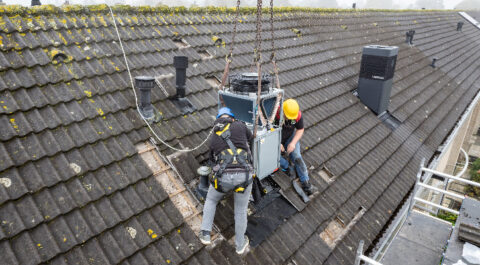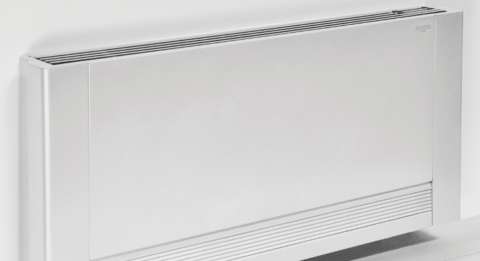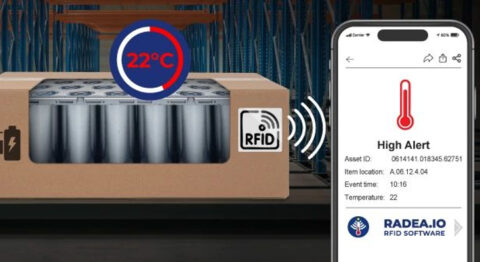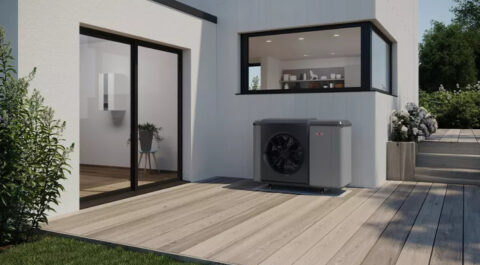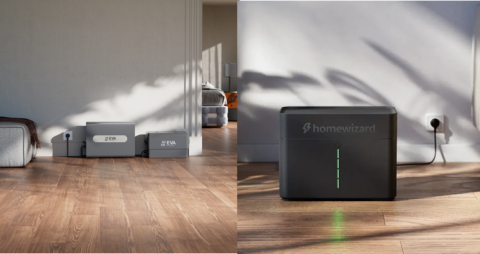For those who have not yet brought a heat pump into their home and do not plan to purchase one in the next few years, a heat pump boiler can be a great way to heat tap water in an energy-efficient manner. What is a heat pump water heater, what are its advantages and disadvantages, and how does it differ from a traditional electric water heater?
A heat pump boiler is specifically designed to heat domestic hot water. As such, you should think of a heat pump boiler primarily as a large storage tank that sits together with a heat pump in one housing. Thanks to that heat pump, tap water can be heated efficiently, using as little electricity as possible.
Energy Savings
This is also the main difference from a traditional, electric water heater. Whereas a conventional water heater heats the water electrically, which requires a lot of electricity, a heat pump water heater does this by extracting heat from the air. As with other types of heat pumps, this requires considerably less electricity. A heat pump boiler soon has a COP of 3 or 4, depending on things like make and model, ambient temperature, humidity level and air quality. So a substantial energy savings.
Free hot water
Combined with solar panels, a household is even more economical. During sunny days, the storage tank can be brought up to temperature completely free of charge. All in all, a heat pump boiler is certainly not cheap, but it often pays for itself within about five years.
It is essential that you choose the right capacity for the water buffer. Better to size it a little too large than too small. Because otherwise part of the family might be under a cold shower, and preferably you heat as much as possible during the day because of the free solar power. The capacity of the storage tank depends mainly on the hot water consumption of the specific household.
Applications of a heat pump boiler
A heat pump water heater can be a good choice when the current electric water heater needs replacement. As well as when there is no boiler present at all yet. You can install it perfectly well as an addition to a central heating boiler. The heat pump boiler then takes care of the tap water and the central heating boiler controls the heating.
This immediately makes it a smart solution if, for example, there is no underfloor heating or LTV radiators (yet), or if the house is insufficiently insulated, so that a (hybrid) heat pump may not be profitable. With a relatively low investment, savings can be made in many situations.
Air supply for your heat pump boiler
A heat pump boiler is an air-to-water heat pump that extracts heat from the air to heat tap water in the internal storage tank. This can be done with air from the room itself, that is, where you installed the heat pump boiler, or through a connection to an air duct from the mechanical ventilation. Another option is to get air from outside the building through an additional duct. So many options for air supply and it just depends on what is the best or most convenient solution in a specific situation.
Heat pump boiler installation
A heat pump boiler is not silent, which is why you prefer not to install it in a utility room. A boiler room (technical room), basement, storage room, or garage fits better. The installation itself is relatively simple. You need sufficient space, some form of air supply, a power connection, and water connections. At the site itself, it's best to estimate what the options are and discuss this with your client right away.
Also pay attention to reachability and accessibility of the space. Because after the initial installation, you also need to be able to access it easily later for annual or biannual maintenance and any repairs. By the way, a heat pump boiler can be quite hefty, again depending on the contents of the internal storage tank. No outdoor unit is required. The price of a heat pump boiler starts in the neighborhood of 2,000 euros (excluding installation) and that's minus the ISDE subsidy.
Moisture and heat
Placement in the same room as the central heating boiler, a washing machine, or clothes dryer, has the added benefit that the heat pump boiler can use the heat produced by these appliances nicely. In addition, a heat pump boiler extracts moisture from the room.
Stay up-to-date and receive the Construction and Installation Hub newsletter

